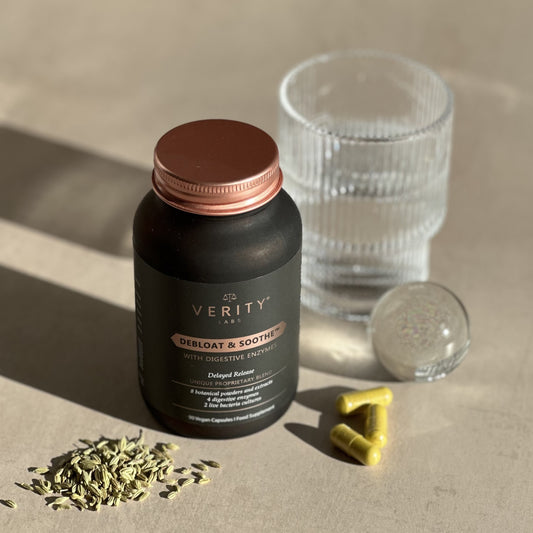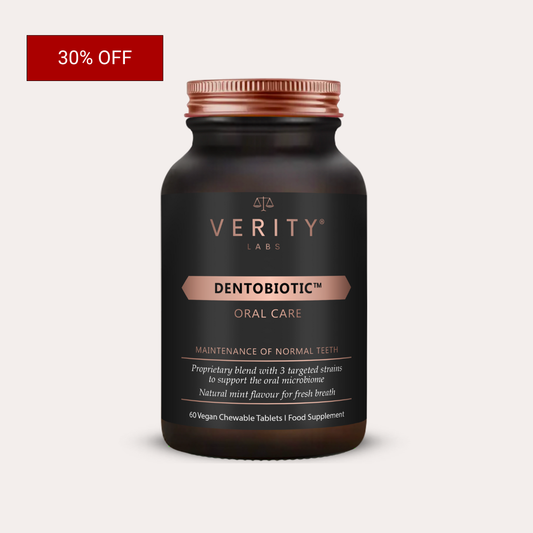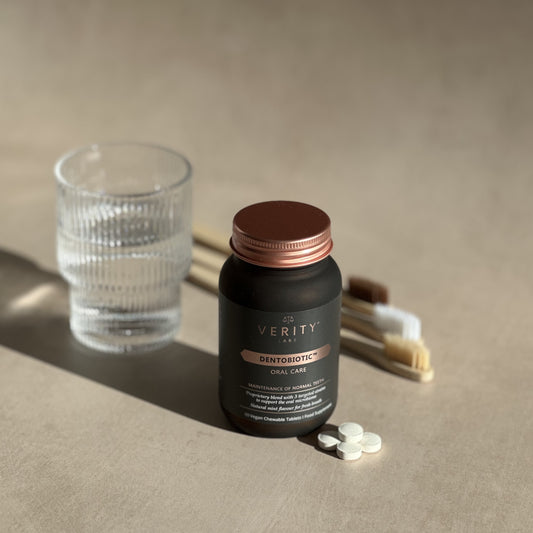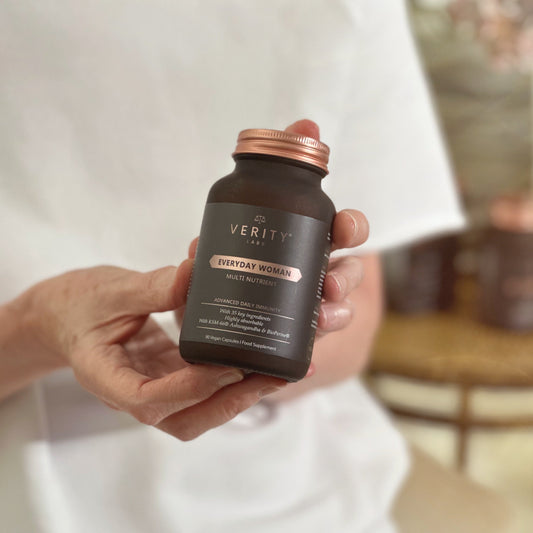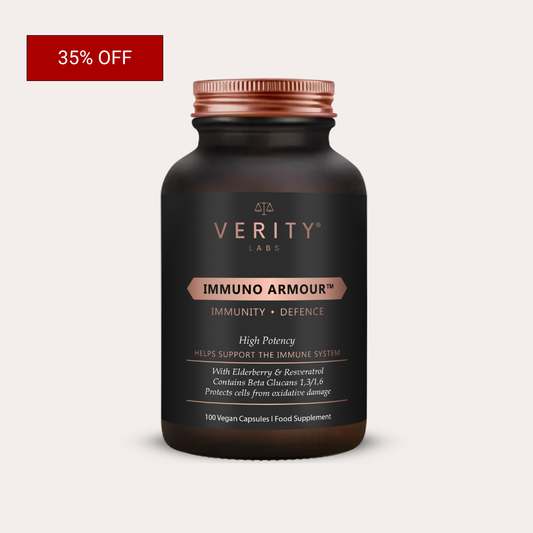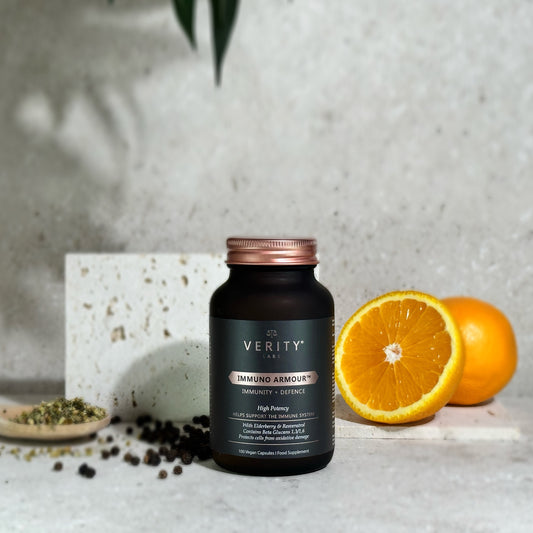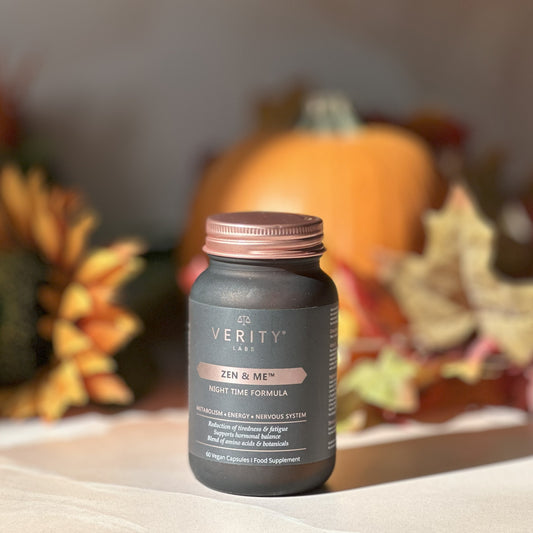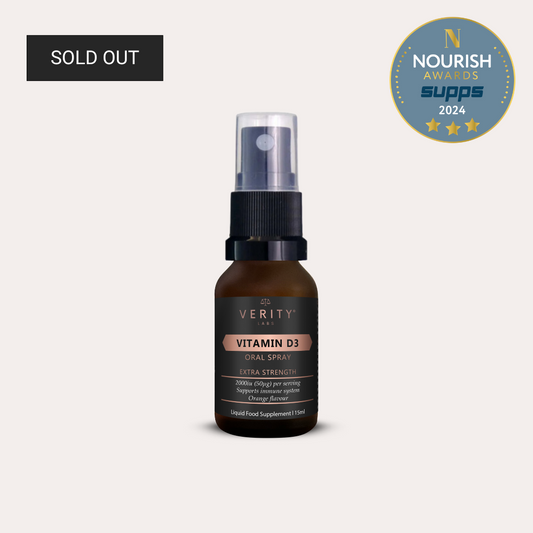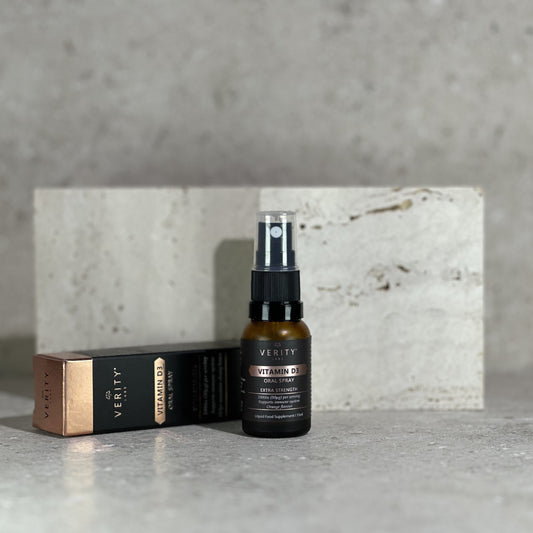Candida is a type of yeast that naturally lives in and on our bodies, most commonly found in the mouth, gut, and on the skin. While it usually coexists peacefully with other bacteria, certain conditions can lead to an overgrowth, causing a range of uncomfortable symptoms. Here’s what you need to know about Candida, how it affects the body, and natural ways to manage it.
What Is Candida?
Candida is a genus of fungi, with Candida albicans being the most common species. In a balanced environment, Candida aids digestion and nutrient absorption. However, when overgrowth occurs, it can lead to issues such as:
- Oral thrush: A white coating on the tongue and inside the mouth.
- Yeast infections: Itching, discharge, and irritation in the vaginal area.
- Digestive problems: Bloating, gas, and changes in bowel movements.
- Skin issues: Rashes or redness in moist areas of the body.
- Fatigue: Chronic exhaustion without an obvious cause.
Common Causes of Candida Overgrowth
Understanding the triggers for Candida overgrowth can help in managing and preventing flare-ups. The most common factors include:
- Antibiotic use: Antibiotics kill both harmful and beneficial bacteria, disrupting gut flora and allowing Candida to proliferate.
- High sugar diet: Candida thrives on sugar and refined carbohydrates, which can fuel its growth.
- Weakened immune system: Chronic illness or conditions that suppress immune function can make it harder for the body to keep Candida levels in check.
- Hormonal changes: Pregnancy, menopause, and hormonal contraceptives can alter the natural balance of bacteria and yeast.
- Stress: High stress levels can weaken the immune response, promoting imbalances in the gut.
Signs and Symptoms of Candida Overgrowth
Candida overgrowth can manifest in different ways depending on where it is located. Some of the most common signs include:
- Oral thrush: White, cottage cheese-like patches in the mouth and throat.
- Digestive disturbances: Bloating, cramps, or unexplained discomfort.
- Recurrent infections: Yeast infections that do not respond to typical treatment.
- Brain fog: Difficulty concentrating or forgetfulness.
- Skin and nail fungal infections: Persistent fungal issues on the skin or toenails.
Natural Approaches to Managing Candida
Managing Candida overgrowth involves balancing your diet, enhancing gut health, and maintaining overall wellness. Here are some effective, natural strategies:
- Adjust Your Diet
- Reduce sugar and refined carbs: Cutting out foods that feed Candida, such as processed sugars and simple carbohydrates, can starve the yeast.
- Increase fibre intake: Fibre helps support healthy digestion and the removal of waste, which can prevent excess yeast growth.
- Incorporate fermented foods: Foods like yogurt, kefir, and sauerkraut contain beneficial probiotics that help balance gut bacteria.
- Use Antifungal Herbs and Supplements
Certain herbs have natural antifungal properties that can support Candida management:
- Oregano oil: A potent natural antifungal that helps control yeast growth.
- Berberine: Known for its strong antimicrobial effects, berberine can help fight off Candida and restore balance.
- Ginger: This soothing herb has anti-inflammatory and mild antifungal properties, aiding digestion and reducing discomfort.
- Maintain Gut Health
- Probiotics: Replenishing good bacteria in the gut can help keep Candida in check. Probiotic supplements or foods high in probiotics are beneficial.
- Prebiotics: Fibrous foods that feed healthy bacteria, such as garlic, onions, and bananas, can enhance gut health.
Supporting Your Body During Candida Treatment and Die-Off
When Candida begins to die off, it can release toxins that contribute to a temporary worsening of symptoms, known as the Herxheimer reaction. Symptoms can include:
- Headaches
- Increased fatigue
- Digestive upsets
To support detoxification and manage die-off symptoms:
- Stay hydrated: Drinking water helps flush out toxins.
- Support liver function: Milk Thistle, NAC and dandelion root are gentle herbs that can aid liver health.
- Rest and manage stress: Prioritising rest helps your body recover and process toxins effectively.
Verity Labs' supplements can be a great additional support to help you tackle candida naturally.
Debloat & Soothe incorporates anti-fungal and anti-microbial properties, as well as includes balanced amount of probiotics and digestive enzymes that help regulate your gut health.
DentoBiotic is an oral probiotic product that can help you an oral thrush during candida treatment. DentoBiotic has anti-bacterial properties and include 3 strains of targeted oral probiotics.
Liposomal Vitamin C is a great support for your weakened immune system. High strength liquid liposomal Vitamin C delivered in liposomes for maximised absorption to support your immune and nervous systems, collagen formation and energy levels.

When to See a Healthcare Professional
If natural treatments and lifestyle changes do not alleviate your symptoms, or if they worsen, it’s important to consult with a healthcare professional. They can provide personalised advice and explore additional treatment options if needed.
Candida overgrowth can be a complex condition with a variety of causes and symptoms, but understanding how to manage it through diet, natural antifungals, and lifestyle changes can lead to significant improvements. Focusing on gut health and supporting your body’s natural detoxification processes will pave the way for long-term balance and well-being.



